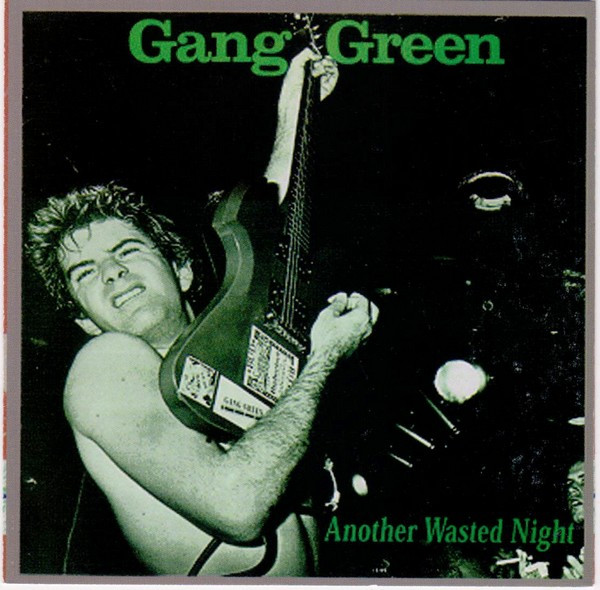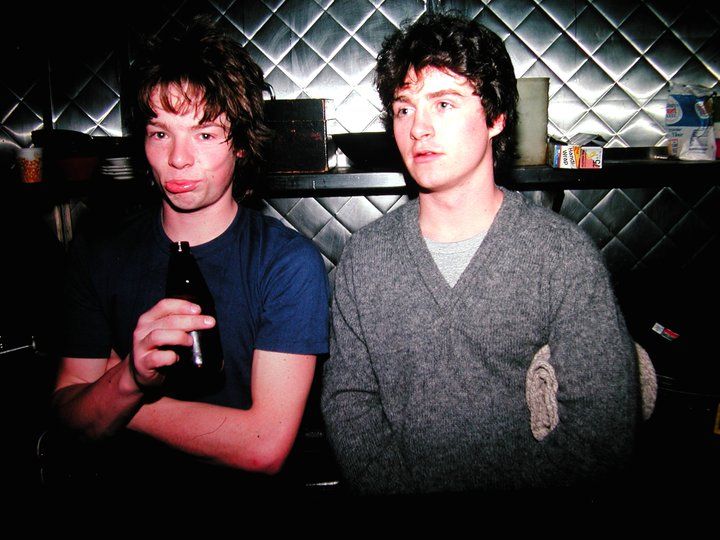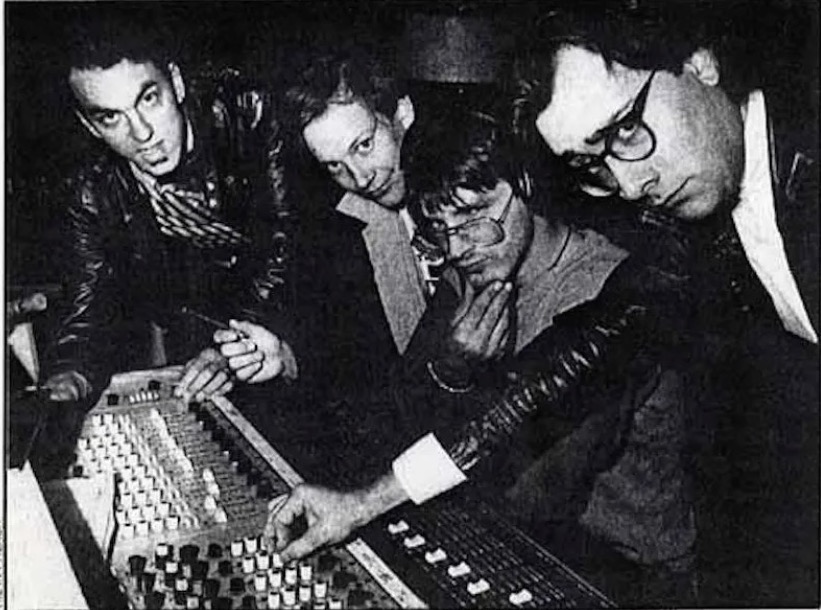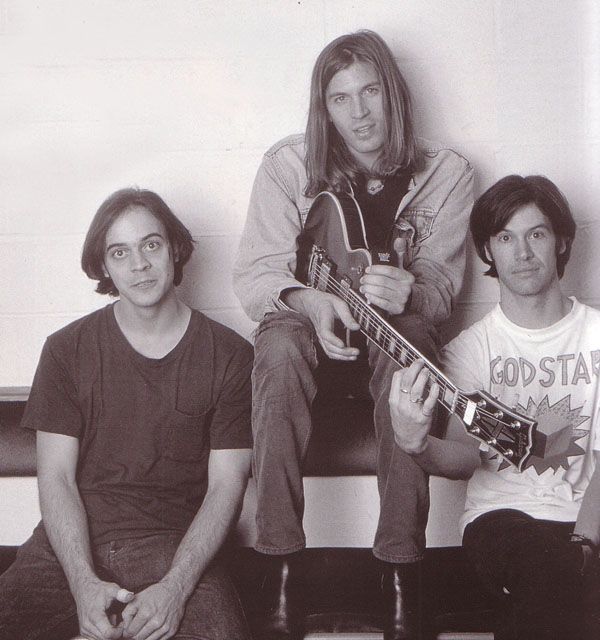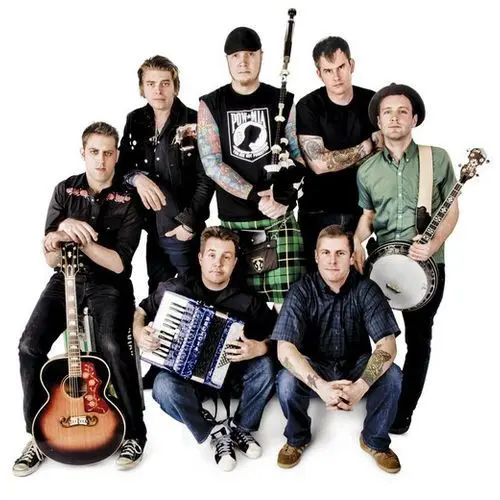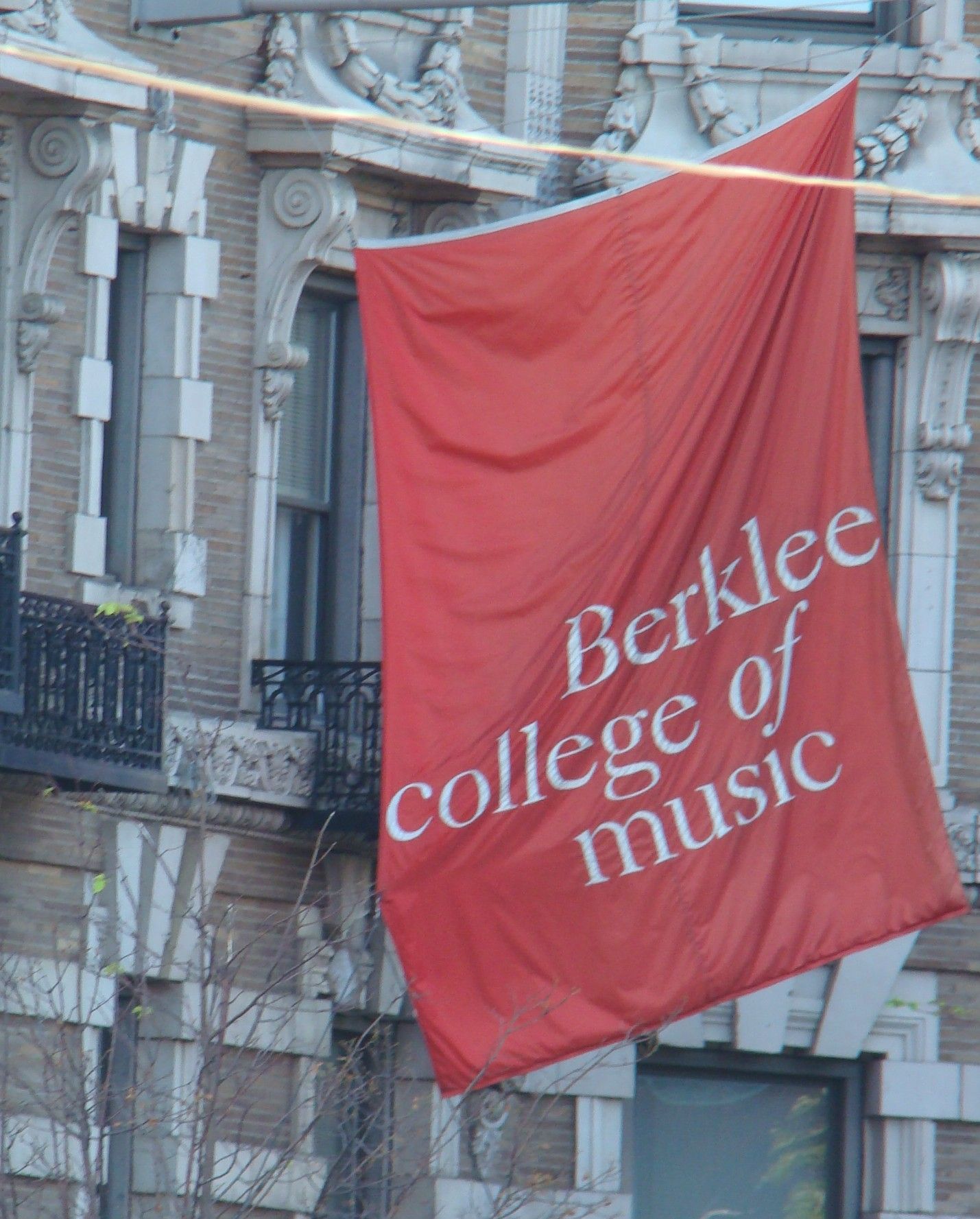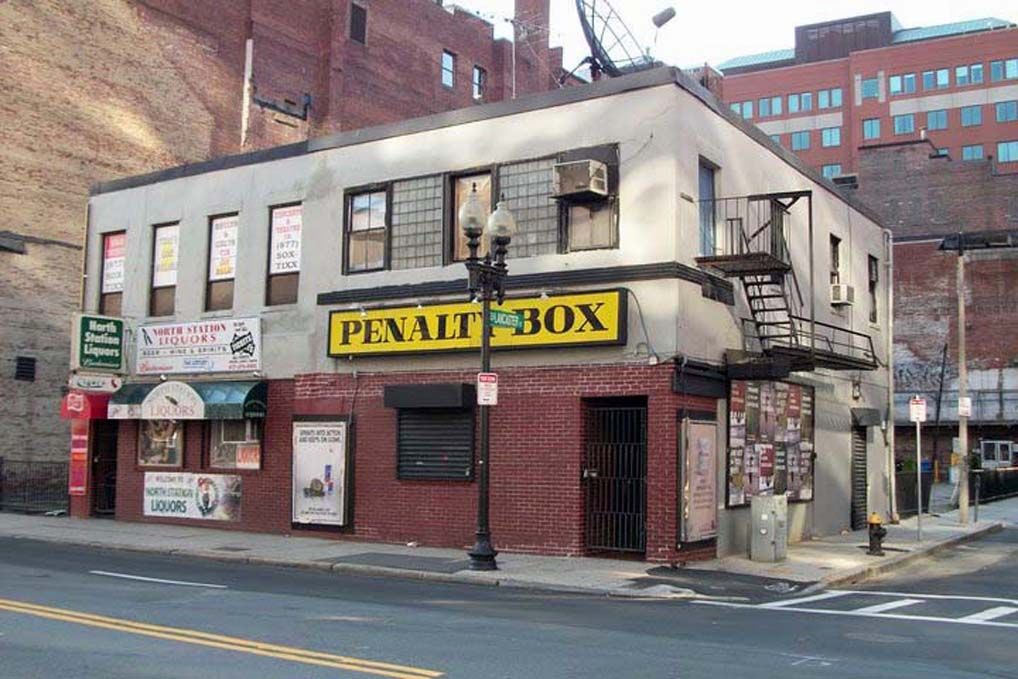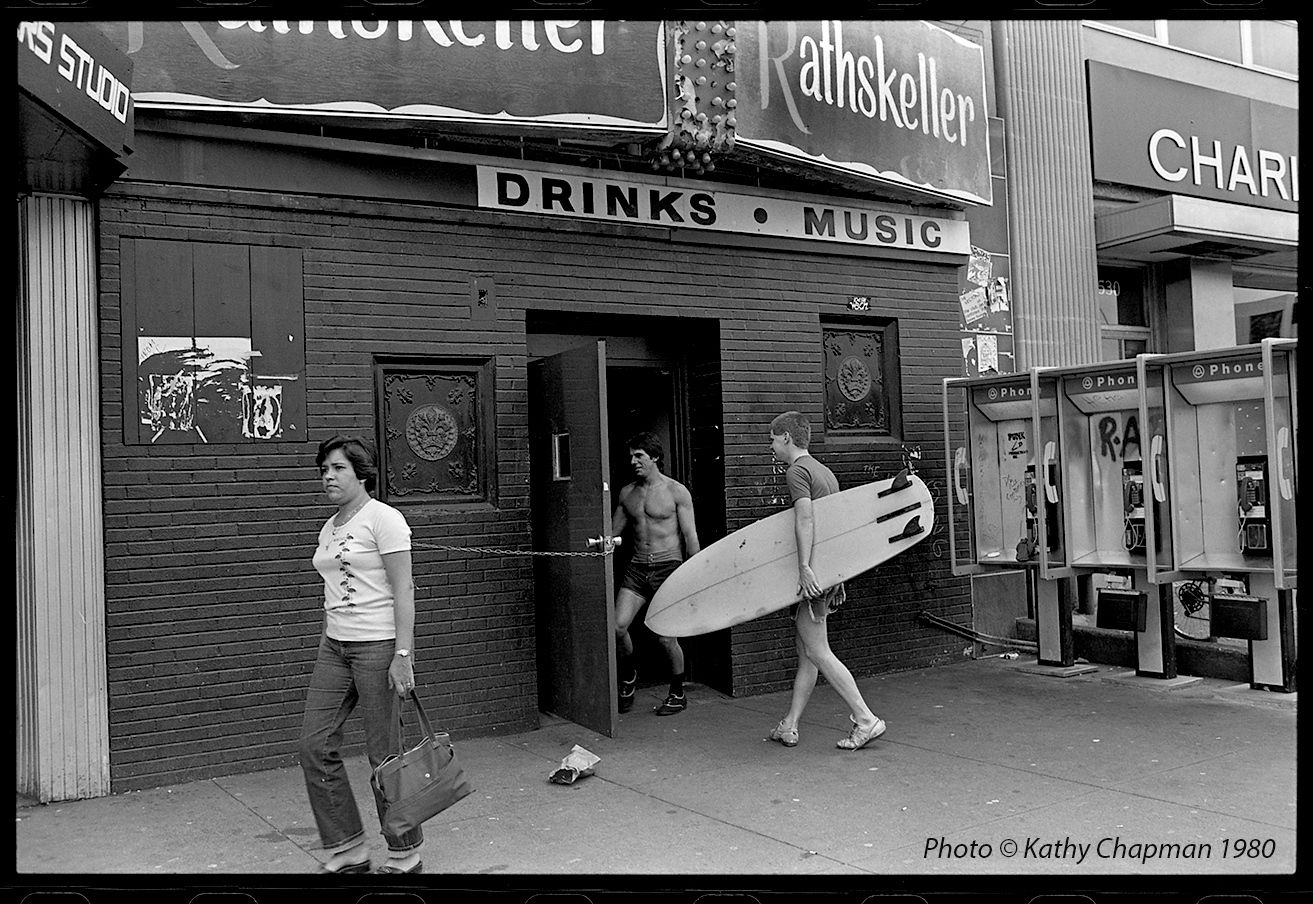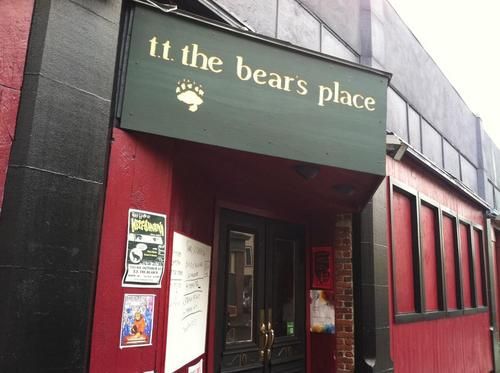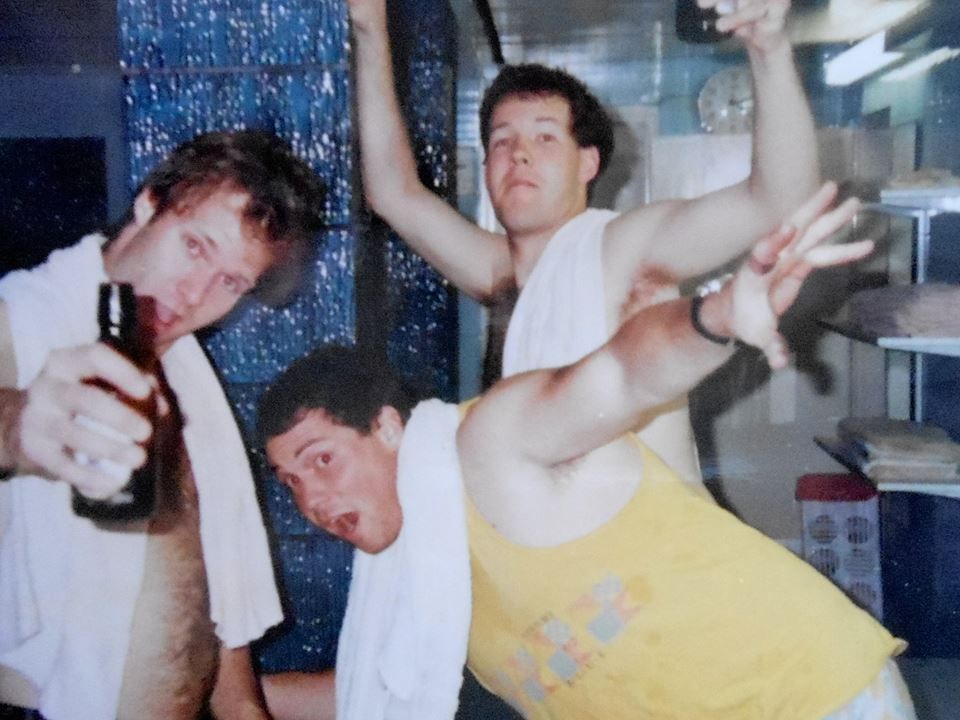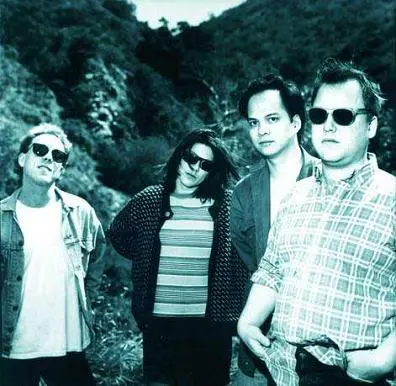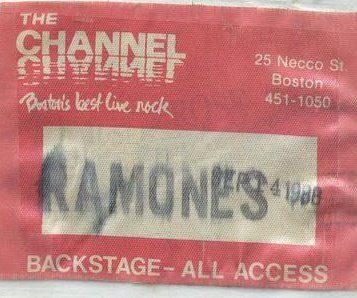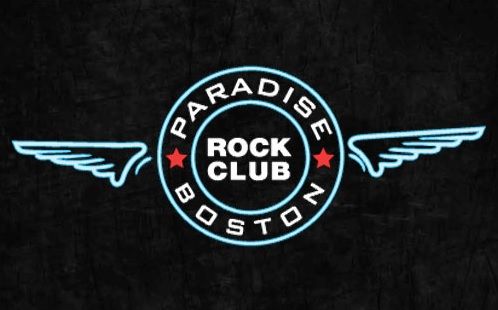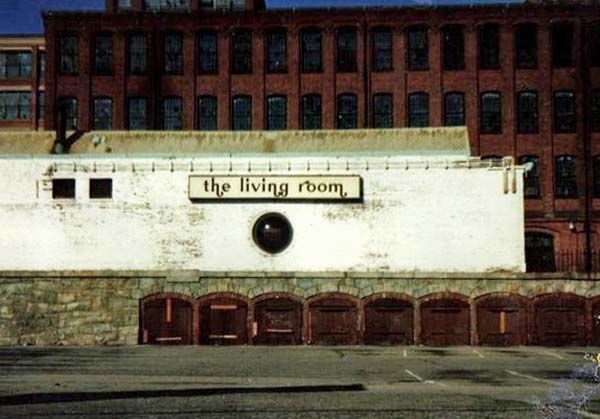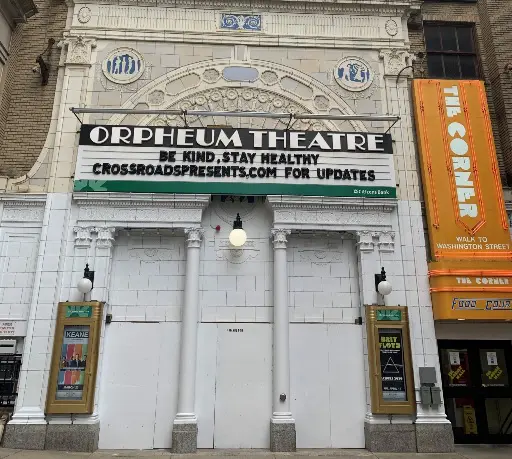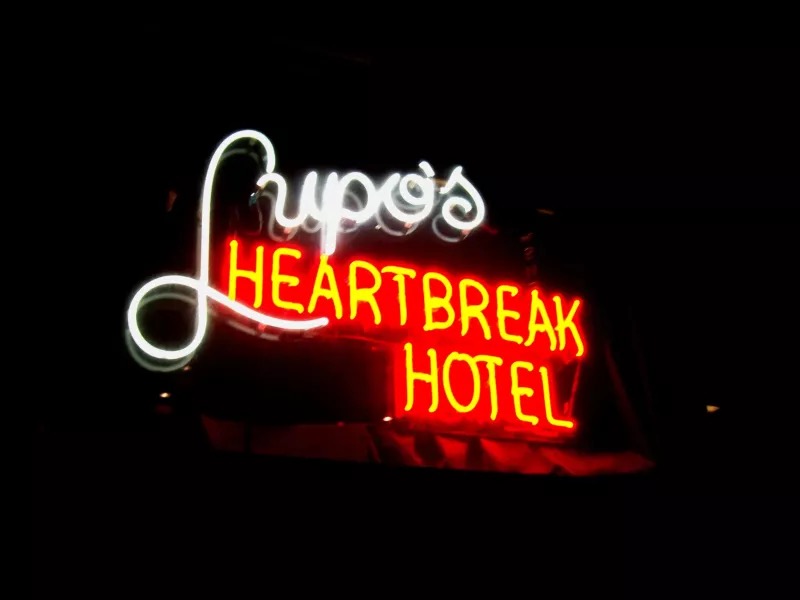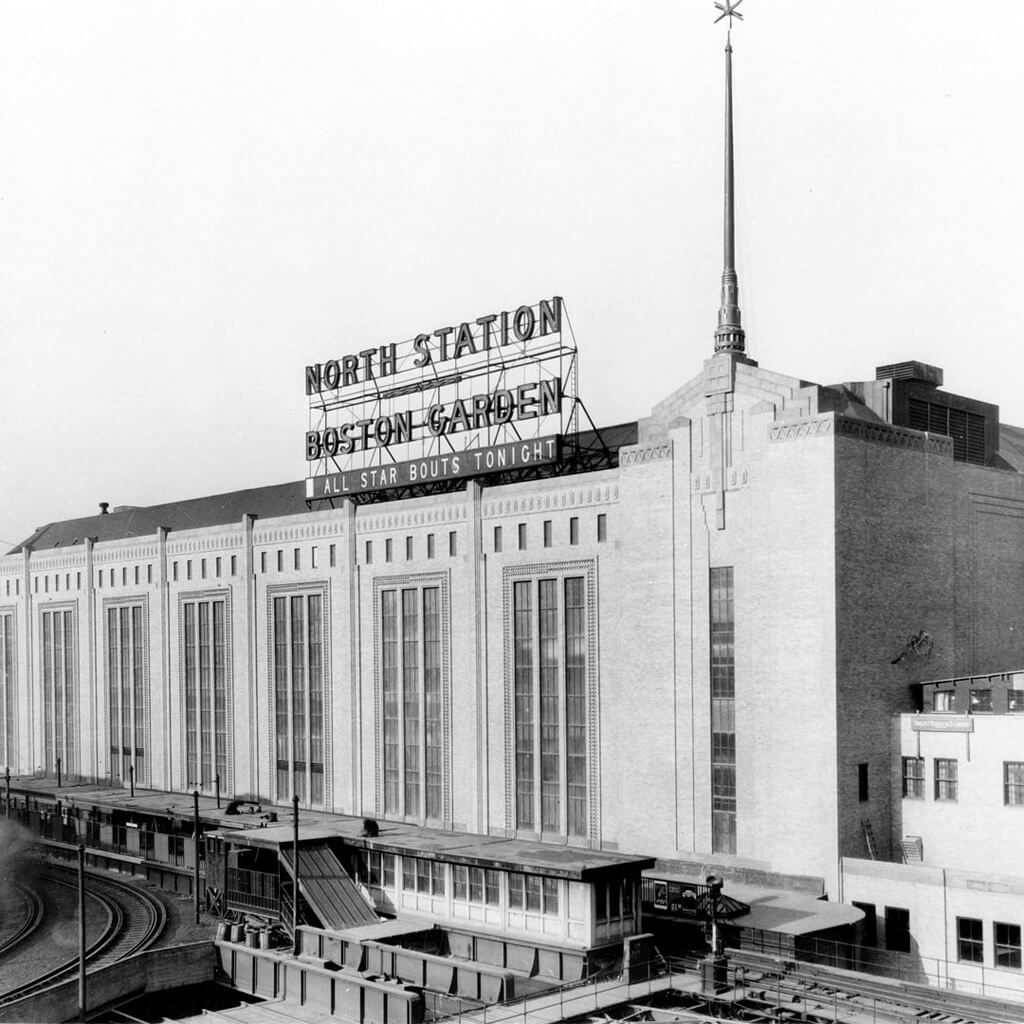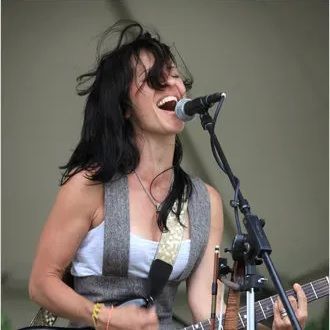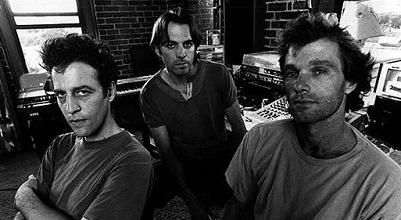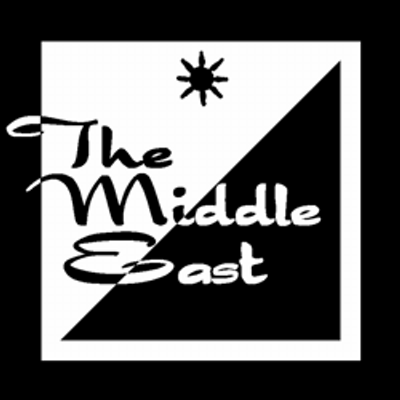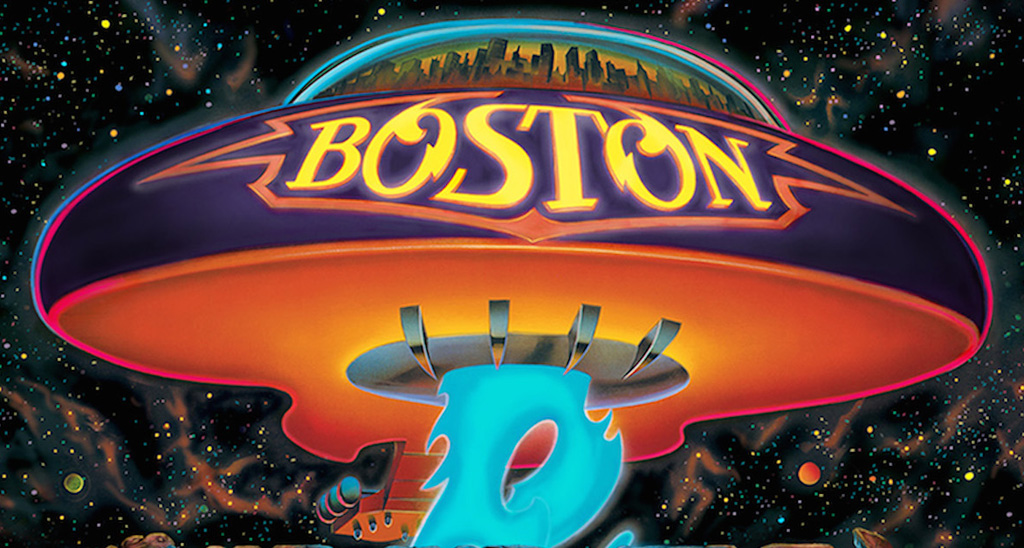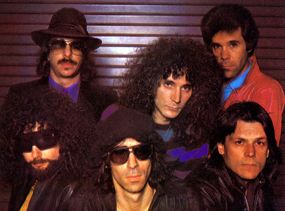The Mighty Mighty Bosstones
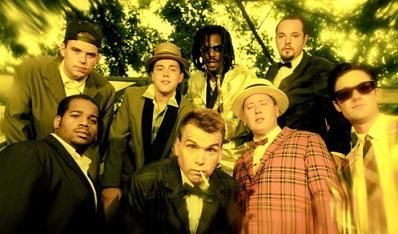
Though far from being side-splittingly self-parodizing like members of the fictional ‘80s hair-metal band Spinal Tap – and never losing a drummer to spontaneous self-combustion – The Mighty Mighty Bosstones did have one thing in common with the faux-Brit buffoons: They took all their musical influences, shook them into a flaming cocktail all their own and turned it right up to 11.
By combining the staccato guitar, walking bass, rapid-fire rhythms and thunderous horns of early ska-revival bands like The Specials, Madness and The Beat with the anger, attitude and aural assault of early punk groups like The New York Dolls, The Stooges and The Ramones, TMMB were one of the first purveyors of ska-punk and arguably the originators of its subgenre, ska-core. In their 35-odd years together, the band built a critically acclaimed discography of 11 studio albums, 10 EPs and 22 singles and – unlike many of their contemporaries – maintained the political consciousness of groups that recorded on groundbreaking punk and ska labels SST, Victory, Epitaph and 2 Tone.
FORMATION, INFLUENCES
The original septet was formed in 1983 by 15-year old bassist Joe Gittleman, a Cambridge native (who played in Gang Green from 1986-1989), vocalist Dicky Barrett, who grew up in Norwood and sang with punkers Impact Unit and Cheapskates, 13-year old guitarist Nate Albert, saxophonist Tim “Johnny Vegas” Burton, who grew up on Martha’s Vineyard, drummer Josh Dalsimer, trumpeter Tim Bridwell and dancer Ben Carr, a native Bostonian. The band’s final line-up included drummer Joe Sirois, an Andover native, saxophonist Leon Silva, trombonist Chris Rhodes from New Haven, guitarist Lawrence Katz, a Berklee College of Music graduate and Boston-born keyboardist John Goetchius, formerly of The Dogmatics.
Members have cited their influences as AC/DC, Social Distortion, The Clash, Stiff Little Fingers and Motörhead, with singer Barrett drawn especially to English groups on the 2 Tone label including The Bodysnatchers, The Specials, The Higsons and The Beat.
BECOMING “MIGHTY MIGHTY,” “THE CAVE,” “UGLY”
Originally called simply The Bosstones, the group added “Mighty Mighty” to their moniker after discovering that there had been Boston-area a cappella group called The Bosstones in the 1950s. In 1985, while Albert and Gittleman were in high school, the group began gigging at area venues including Chet’s Last Call and The Rathskeller in Boston and T.T the Bear’s Place and Jonathan Swift’s in Cambridge, and did so for four years before landing a recording contract. In 1987, two MMBT demo songs, “The Cave” and “Ugly,” were included on Razorbeat Records’ compilation Mash It Up! and in 1989 another one, “Drums and Chickens,” appeared on Harvard Square Records’ collection Mashin’ Up The Nation.
TAANG! SIGNING, DEVIL’S NIGHT OUT
In 1989, TMMB signed with Boston-based Taang! Records, which had released LPs by Moving Targets and Gang Green. The result was their debut album, Devil’s Night Out, recorded at Fort Apache Studios and produced by Paul Q. Kolderie, who had engineered Pixies’ mini-LP Come On Pilgrim. Despite objections from ska purists that it wasn’t traditional enough and punk purists who said it was too heavy-metal infused, the album became one of the band’s most popular and they spent the next two years touring North America, including gigs in Boston at The Channel and the Paradise Rock Club and The Living Room in Providence.
1990S ALBUMS, HOMETOWN THROWDOWN FESTIVAL
In 1991, Taang! released TMMB’s EP Where’d You Go? which featured covers of hard-rock songs including Aerosmith’s “Sweet Emotion” along with the title track, which also appeared on their second LP, More Noise and Other Disturbances, which Taang! released in 1992. The group spent most of the year on the road and in October and November made debut appearances in major European cities.
In 1993, TMMB left Taang! for Mercury and recorded Don’t Know How to Party – featuring the fan favorite “Someday I Suppose” – and the six-song EP Ska-Core, The Devil and More, which included one ska and three hardcore covers. After their first UK tour and debuts at the Orpheum Theatre in Boston, Lupo’s Heartbreak Hotel in Providence and Toad’s Place in New Haven, they opened for Aerosmith at Boston Garden at their 1993/4 New Year’s Eve show.
In 1994, when Mercury released TMMB’s fourth full album, Question the Answers, the band partnered with the label to form Big Rig Records, since they wanted their material released on vinyl. While maintaining a relentless touring schedule, they made their non-MTV television debut on The Jon Stewart Show and recorded a new version of “Where’d You Go?” for the movie Clueless, in which they appeared performing the song. From 1994 to 2002 and from 2007 to 2019, they hosted the Hometown Throwdown festival held in Boston in December.
In 1995, when MMBT joined the Lollapalooza tour and debuted in Japan, Mercury released their five-track EP Here We Go Again. In 1996, the group contributed to the Safe and Sound benefit album with Aimee Mann, Tracy Bonham, Letters to Cleo and Morphine and recorded their most successful record, 1997’s Let’s Face It, with the single “The Impression That I Get” hitting #1 in the Billboard Modern Rock Tracks chart. In 1998, they debuted in Australia, performed on Saturday Night Live and Mercury released Live from the Middle East, recorded at the Cambridge club in 1997.
2000S ALBUMS, FENWAY PARK APPEARANCES
In 1999, guitarist Albert left to join The Lemonheads, replaced by Lawrence Katz, and MMBT recorded their commercially disappointing final Mercury release, 2000’s Pay Attention. After touring through 2001, including a two-night stand at Hampton Beach Casino Ballroom, they signed with the indie label SideOneDummy, which released 2002’s A Jackknife to a Swan, leading to year-long tour before a four-year hiatus.
In 2007, MMBT reunited and contributed three songs to the compilation Medium Rare before releasing 2009’s Pin Points and Gin Joints on Big Rig Records. After living on the road from 1991-2003, they limited their live performances but did a brief US tour with Dropkick Murphys on which they played at three Boston Red Sox minor-league ballparks. In 2011, Big Rig released their ninth album, The Magic of Youth, and MMBT played a two-night stand at Fenway Park.
In 2017, MMBT recorded a 7” vinyl of Burt Bacharach’s “What the World Needs Now Is Love,” b/w their song “I Won’t Go Out Like That,” followed by their tenth LP While We’re at It, released in 2018 and some songs on which lead vocalist Barrett said were written in response to the post-2016 presidential election zeitgeist in the US. “It feels like unhinged hatred,” he said. “For me, the whole thing is just lies on top of hatred on top of really stupid thinking. So yes, all that is going to get into the music. It has to.” In 2020, the band signed with Hellcat Records, which issued the single “The Final Parade” in January 2021 before releasing their final album, When God Was Great, in May.
DISBANDING, LEGACY
The band’s last live show was in September that year at the Punk in Drublic festival at the Palladium in Worcester and in January 2022 they announced their breakup. ”Above all, we want to express our sincere gratitude to every single one of you who have supported us,” they wrote in a statement to their fans. “We could not have done any of it without you. Love Always, The Mighty Mighty BossToneS.”
“Say what you will about Aerosmith, Boston, The J. Geils Band and Dropkick Murphys,” The Boston Globe wrote after the announcement of their disbanding, “but The Mighty Mighty Bosstones is the most Boston of Boston bands.”
(by D.S. Monahan)

